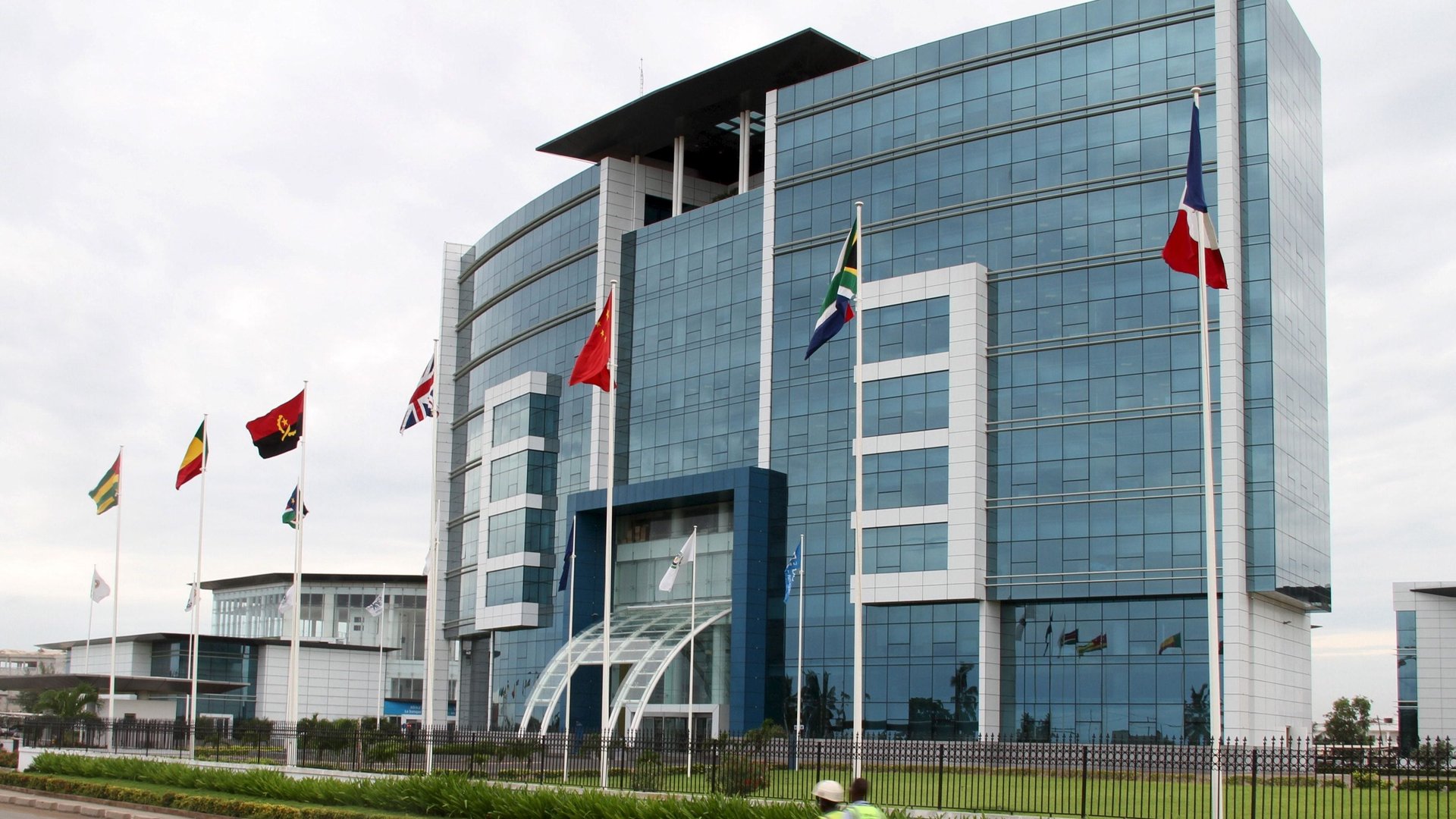Africa’s most ambitious companies are winning by going pan-African
African companies are gradually realizing that their path to profit and growth is tied closely to the continent.


African companies are gradually realizing that their path to profit and growth is tied closely to the continent.
Leading companies in sectors as diverse as finance, manufacturing, transportation, retail, and media are expanding their businesses across borders to generate higher returns. In African Development Bank (AfDB)’s first Africa-to-Africa investment report, the multilateral financial institution says a pool of 300 companies are showing more confidence in the continent’s long-term growth, tailoring their business models to regional markets, hiring and training local talent, and building private-public partnerships.
The report specifically notes the example of Ethiopian Airlines, which through a mix of strategic investments, airline acquisitions, and pan-African partnerships has taken off as Africa’s largest airline. Financial institutions like Togo’s Ecobank, South Africa’s Standard Group, and the Kenya Commercial Bank were also lauded for adopting flexible cross-border strategies, promoting diversity in their business portfolio, and pushing governments to embrace regional integration.
AfDB estimates that between 2006 and 2016, intra-African greenfield investments grew from $4 billion to $10 billion. The number of intra-regional mergers and acquisitions also doubled from 238 deals in 2006 to more than 418 in 2016.
Africa is seeing better integrated trade these days, and the volatile global environment is helping to push nations to promote intra-regional investment as one way to shore up against external shocks. This is exemplified in the signing in March of the African Continental Free Trade Area, aimed at uniting a market of 1.2 billion people and a combined GDP of $2.5 trillion. Countries are also improving on their pro-business climate: Sub-Saharan Africa was the region with the highest total number of reforms in terms of doing business in 2016/17, according to the World Bank. Companies are also realizing the potential for returns and impact are also here, given rising population numbers, increasing access to technology, and improving visa rules to facilitate free movement.
AfDB, however, says there’s a long way to go before businesses in Africa can have the resources and temerity needed to cross borders. These include access to finance, high tax rates, electricity shortages, besides regulatory challenges. Yet smaller firms can draw on insights from leading multinationals. Key among these lessons is building a strong domestic base first before launching regional or continental operations.